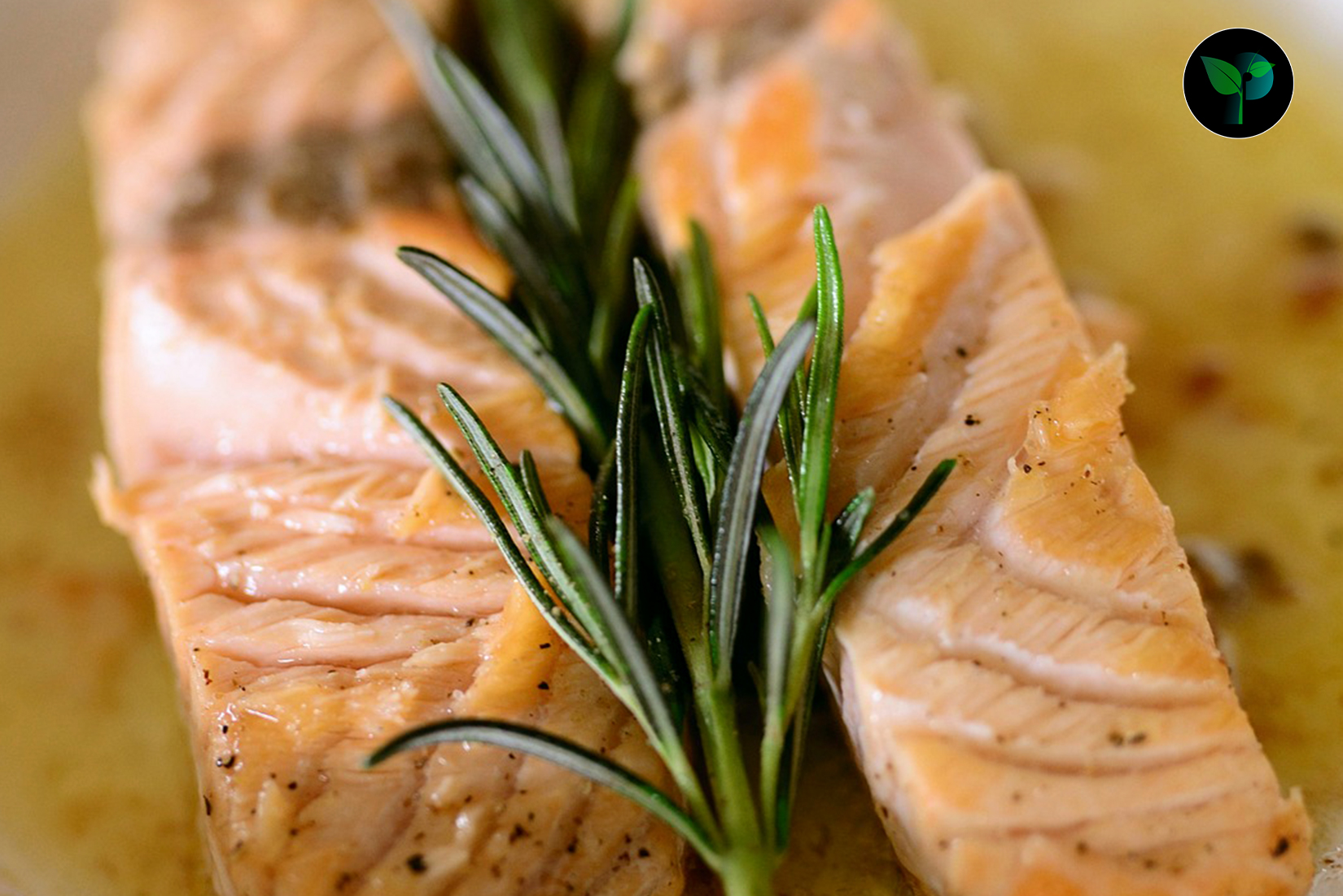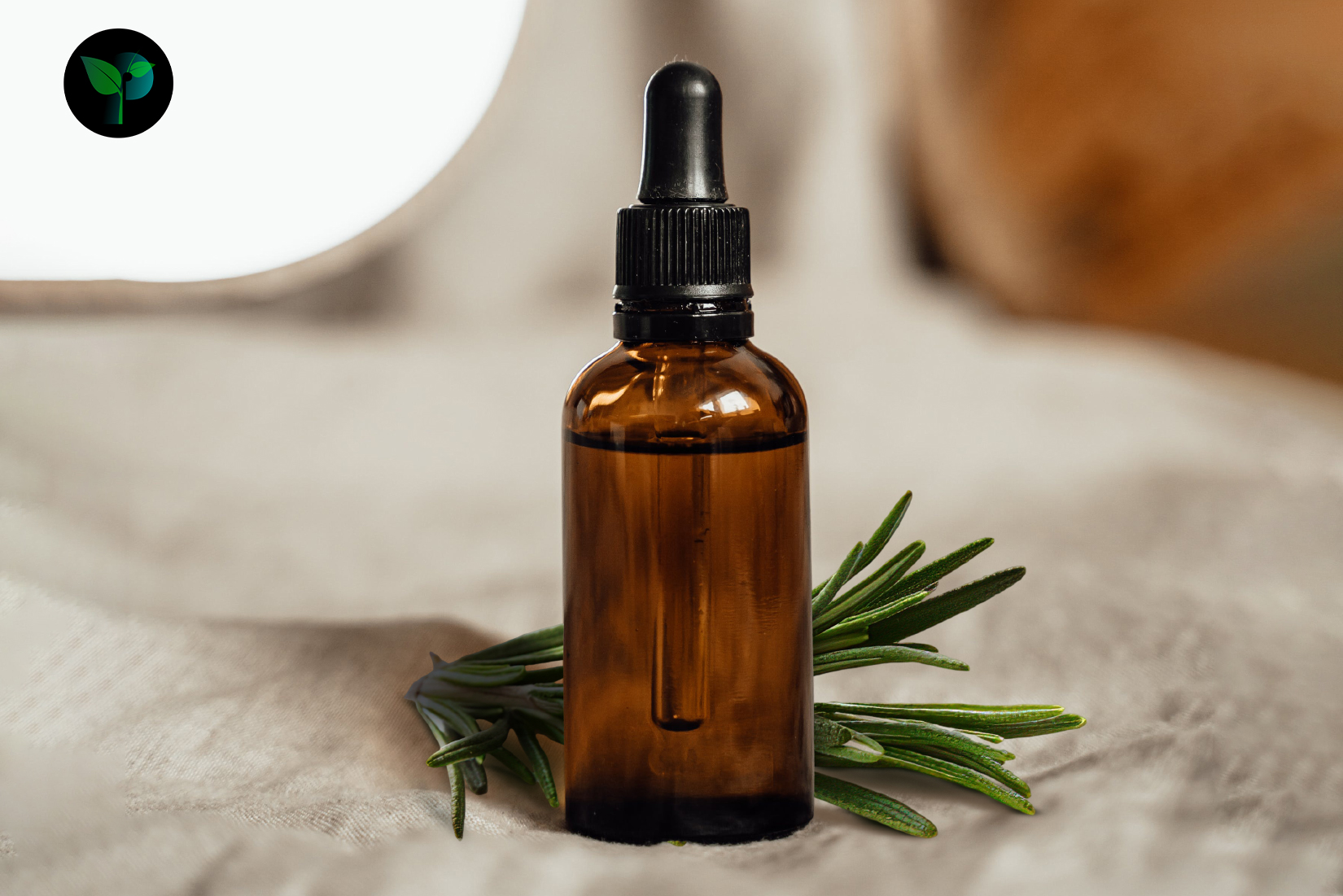If you prefer herbal remedies over chemical drugs in specific scenarios, knowing the properties of plants can be immensely helpful in their appropriate usage and preventing any potential misuse. Keep following the Plants Folder to explore and familiarize yourself with the medicinal properties of rosemary. Researchers in the fields of botany and traditional medicine have provided evidence of its beneficial effects.

History and Origin of the Plant
Rosemary, a fragrant herb, is a well-known plant all over the world. It is an evergreen plant with a pleasant aroma that is used for a variety of reasons, from cooking to the cosmetic and healthcare industries and the treatment of various pains and diseases. Rosemary, also known as romarin is a member of the Lamiaceae (mint) family, like most other herbs, including oregano, thyme, basil, and lavender, and has a warm nature.
Until 2017, it was known by the scientific name Rosmarinus officinalis, which is now just a synonym. The name “rosemary” is derived from the Latin word ros marinus, which means “dew of the sea,” and is native to the Mediterranean region. In ancient times, it was not only used as a medicinal plant but also as a symbol of love and affection in ceremonial and festive occasions.
This plant grows to a height of 1.5 to 2 meters and is perennial, evergreen, and bushy and fragrant. its leaves are elongated, narrow, with a blunt tip, without a petiole, and needle-shaped. Their upper surface is dark green, and their underside is soft and light gray. its branches are soft and hairy when young, but they become woody and hard over time and their bark turns a brownish-gray color.
From early spring to early summer, the two-lipped flowers of rosemary are seen in shades of light blue, purple, dark green, and rarely pink or white in clusters from the end of the stem. Its fruit is a set of four brown seeds.
Antioxidant and antibacterial properties of rosemary
One of the main components of the secondary compounds of rosemary is carnosic acid, which has significant antioxidant properties. its essential oil also has very good antibacterial properties against many bacteria. According to several studies conducted on rosemary, adding rosemary extract to food samples has a significant effect on reducing microbial load and increasing the shelf life of food.
Effect on cancer treatment
Ursolic acid found in rosemary may also be beneficial for preventing cancer.
Effect on the treatment of liver and kidney diseases
In addition to its antiseptic properties, rosemary increases the secretion of digestive juices and bile, and with compounds called “choline”, controls liver fats and is very beneficial for the digestive system. It is also effective in the treatment of gout and kidney stones.
Effect on hair and eyebrow growth
Rosemary increases blood circulation throughout the body prevents hair loss and can be a cure for hair loss. Its essential oil can be a very effective hair and eyebrow growth booster, and it hydrates, shines, and softens hair. This oil is very effective in treating hair thinning in people who have experienced it due to hormonal effects or aging. Rosemary decoction, due to its anti-inflammatory and antifungal properties, keeps the scalp healthy and prevents scalp diseases, including dandruff in people prone to dandruff.
Effect on weight loss
Its tea or infusion can help with weight loss. Polyphenols found in rosemary tea play a significant role in increasing metabolism and increasing fat burning. You can also suppress your appetite by drinking a glass of this tea before meals and properly maintaining your healthy diet.
In the cosmetics and personal care industry.
It is also used in the cosmetics and personal care industry due to its good aroma and taste.
In the food and pharmaceutical industry
For several reasons, including its anti-inflammatory, antioxidant, and pharmacological properties, the use of rosemary is recommended in the field of pharmaceuticals and the food industry.
Effect on memory
It plays an important role in improving memory, stimulating the brain, and increasing alertness. The ancient Greeks used this plant for this purpose.
Other properties of rosemary
This plant is used for the treatment of rheumatism and migraine due to its warm nature. It can be consumed orally for the treatment of anxiety, headache, migraine, high blood pressure, bloating, and anorexia. It can be used topically as a pain reliever for the treatment of muscle pain and rheumatic diseases. This plant or its essential oil is used to treat high blood pressure, bloating, and anorexia.
The eye can be disinfected with tea made from the leaves and flowers of this plant, and a cigarette made from the leaves of the plant is effective in treating bronchitis. It is not poisonous to humans and has no side effects.
Contraindications
- It is not recommended for people with high blood pressure and people with seizures. Although rosemary in low doses can be one of the reasons for relieving seizures, high doses of it are dangerous for people with seizures.
- Diabetics should also avoid consuming this plant as much as possible.
- It is also important to avoid using it on damaged skin.
- It is better for patients who are allergic to the plant and women who have heavy bleeding during menstruation to avoid consuming the plant.
- Since consuming rosemary during pregnancy may affect the fetus and uterus, avoid consuming it.
- The use of its essential oil is not recommended for infants and children at all.
Side effects of this plant include inflammation of the stomach and intestines if too much essential oil is consumed, inflammation of the skin and other allergic reactions in people sensitive to the plant, and seizures if high doses of the plant are consumed.
Drug interactions
- Consuming it at the same time with alcohol-containing products may cause disulfiram-like reactions.
- Consuming this plant at the same time with ACE inhibitors, such as lisinopril, captopril, enalapril, etc., which are effective in treating high blood pressure, can increase the effect of the drug.
- Consuming rosemary at the same time with diuretics, such as furosemide, hydrochlorothiazide, etc., can also increase the effect of the drug.
- On the other hand, consuming it at the same time with some anticoagulants, such as warfarin, clopidogrel, etc., may interact.
- Consuming this at the same time as lithium, due to the diuretic effect of rosemary, may increase the blood level of lithium above the permissible limit.

How to use
The medicinal properties of this plant are concentrated in its leaves and flowering branches. However, to prepare the essential oil, it is necessary to use the flowering plant or dried leaves. it can be consumed in a variety of ways, including decoction, as a spice and flavoring, ointment, oil, etc.
- In cooking, it is mostly used as a final seasoning or decoration. It can be cooked with food, but this process destroys some of the beneficial compounds it contains. Therefore, it is better not to expose it to high heat. You can add it as a spice to your soups and stews. You can also combine small sprigs of rosemary with olive oil and a few cloves of garlic and use it as a seasoning for salad.
- Another way to consume it is to use it as a decoction. You can drink 2 to 3 cups of its decoction daily. Simply steep one teaspoon of it with one cup of boiling water for 8 to 10 minutes.
- its essential oil, which is used topically, is used in massage therapy. Mix 2 to 3 drops of it with one tablespoon of sweet almond oil and massage the affected areas to relieve cramps.
- To relieve rheumatic pain, pour a handful of rosemary branches into one liter of water, put your hands and feet in it, and relieve your pain.
- To treat wounds, dry rosemary crushes its dried leaves and put the powder on the wound to heal. Of course, this treatment method is only applicable to superficial wounds.



Leave a Reply